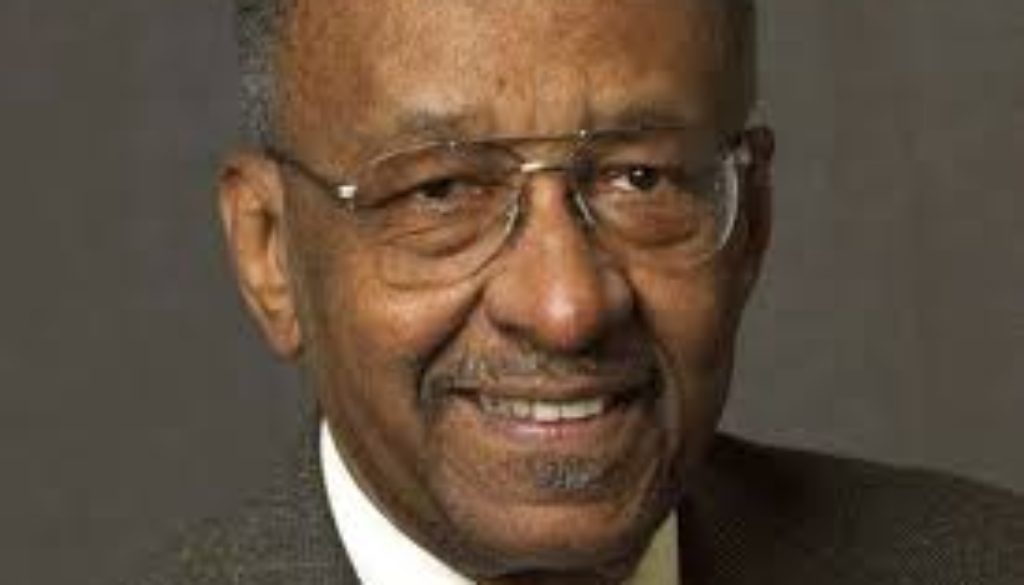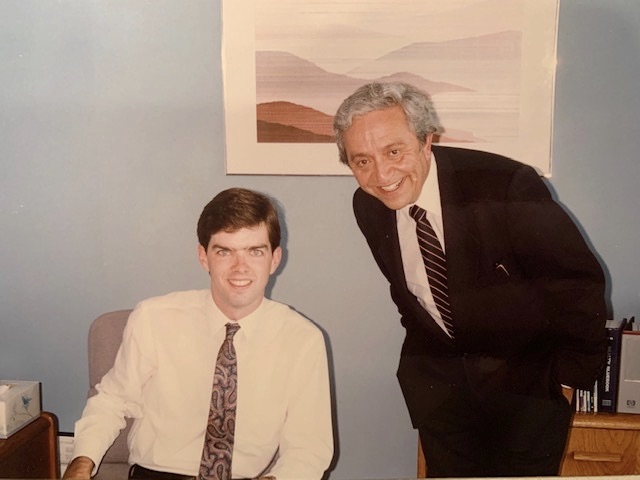Suffer No Fools

Atlanta, GA
December 3, 2020
We never know where, or how, we’ll be influenced. Or the effect it will have.
In April 1990, I was twenty-one years-old, and had just moved to Sacramento. I lived in a small apartment in the bedroom community of Rocklin. Fresh from college, I knew no one, and started work in nearby Roseville, as a junior associate at Greiner Engineering.
Each morning, I settled into my cube, and designed highways, roadways, interchanges, and over-passes throughout the north Central Valley, over the Coast Range, and across the Sierra foothills. As the new guy, I was assigned the dreary chores that had to be done, but that no one wanted to do.
Like making beer runs for Friday afternoon happy hours. Every week. At three o’clock. In the office. This wasn’t that long ago, but it was another era.
People drank at work, and during the day. At a nearby Mexican restaurant, margaritas always chased our lunch. And we weren’t alone. That place, and others, offered noon drink specials the way they now offer weekly discounts every Thursday evening…assuming they’re still open. No wonder California infrastructure is crumbling.
I arrived to work each morning, and sat across a low partition from another young engineer, who graduated the prior year from Cal-Poly in San Luis Obispo. Somehow, from that progressive dish, he acquired a taste for conservative politics and free market economics.
As we talked, we’d sometimes share opinions. At that time, I didn’t have many, but my inclinations generally aligned with his assertions. Occasionally, he’d also share reading material he consumed with his lunch. One day, he gave me a short piece by Walter Willams. I was never the same again.
The column was about how the “poverty pimps” and “race hustlers” among designated “black leaders” were perpetuating the problems they were purportedly trying to solve. And it was all intentional, to preserve power they had accrued to themselves. I was taken aback that someone would write such a thing…and stunned when I learned the author was black.
That’s because twenty-one year-olds tend to be superficial, and assume the rest of the world is as well. They take most of what they read at face value, and seldom look beyond the cover.
If someone advocates a policy to eliminate poverty, then that person obviously wants to eliminate poverty. If a proposal is advanced to protect the environment, then what other motive could there be? If regulations claim to increase competition, raise wages, or help the consumer, then that obviously is the true intent…and will be the ultimate outcome.
Walter Williams began to make me understand that many people…especially those in politics…prefer to be judged by their intentions rather than their results.
He also taught me to start thinking like an economist…a real economist, not a technocratic hack. To truly understand the implications of an action, we must observe not only the direct consequences that are seen (any idiot can do that), but the collateral ones that are not. A concentrated splash makes more waves than the consequent ripple or concurrent undertow, but those downstream may have no idea why they’ve drowned.
The concept was not original with Williams. It had earlier incarnations in Frédéric Bastiat and Henry Hazlitt. But Walter Williams was among my gateway drugs to each of these remarkable thinkers, and to many more.
I started regularly reading his syndicated columns. He had a gift for communication, which he laced with insight and humor. He didn’t just explain complicated ideas in a clear way. He also made you realize that many issues that are presented as complex are more straightforward than their propagandists would have us believe. Experts crave complexity to garner control. Meanwhile, most people are perfectly capable of managing themselves.
No matter what you thought, Walter Williams made you think. The minimum wage, labor laws, professional licensing, anti-trust regulations, the “living Constitution”, and anti-discrimination laws withered under the light of his lucid logic and basic common sense. He deplored the subjugation of ideas, the demise of reason, the crutch of emotion, and the cudgel of guilt. He cherished liberty, espoused free exchange, and despised the State.
Not that it was his fault, but Williams’s insights helped kindle my interest in politics. Among my first forays, in 1992, was to co-chair the San Francisco office for Bruce Herschensohn’s US Senate campaign. That year, we narrowly lost the race. This year, in that state, we’d have been crazy to even run. Sadly, on Monday Herschensohn preceded Walter Williams, and paid his debt to nature.

Dr Williams was Distinguished Professor of Economics at George Mason University. He taught his final class Tuesday morning, the day before he died. He was a tireless teacher of sound economics, a proponent of individual rights, rarely suffered fools, often spoke out against them, and embarrassed them when he did.
I never met Walter Williams, but feel as if I’ve lost a mentor. And a friend.
Coincidentally, just last week Rita and I watched the documentary about him, entitled “Suffer No Fools”. These days, that’s difficult to do. We are in a dysfunctional age, filled with fools and foolishness.
Not that there ever would be, but this is not a good time to lose Walter Williams.
JD



